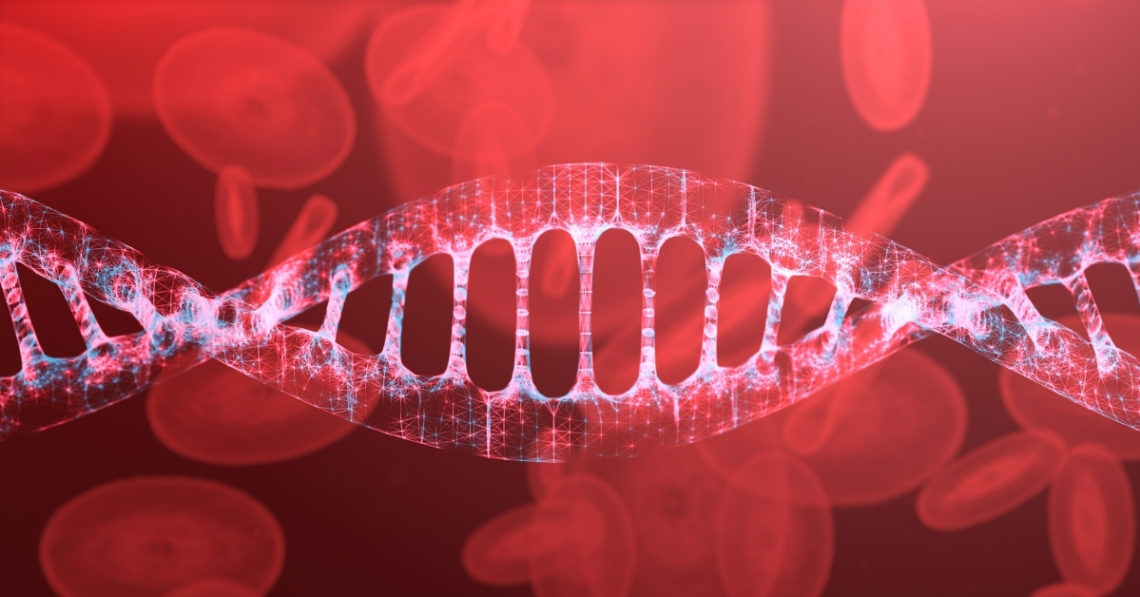You’re not a bear. You’re not a squirrel. But your body might be carrying the same genetic switches that let them shut down for the winter without dying. According to new research, humans may have the built-in code for something like hibernation—we just never learned how to flip it.
In two studies published in Science, researchers found that humans share the same gene regions that enable hibernating animals to survive prolonged periods of cold, food deprivation, and inactivity. These genes don’t do much for us. But in ground squirrels, they help resist brain damage, slow metabolism, and create what one scientist called “biometrically important superpowers.”
“Humans already have the genetic framework,” said Susan Steinwand, a research scientist at the University of Utah. “We just need to identify the control switches for these hibernator traits.”
Is Your DNA Hiding Untapped Super Powers?
The researchers focused on a notorious part of the genome known as the FTO locus. In humans, it’s linked to obesity. In hibernators, it’s more like a survival command center. To figure out how it works, scientists used CRISPR to delete control elements near that region in mice.
Some mice gained weight faster. Others burned fat more slowly. Some recovered more sluggishly after torpor—a short-term, hibernation-like state mice enter when they haven’t eaten.
These weren’t dramatic gene deletions. Scientists made tiny alterations to noncoding DNA—sections once dismissed as genetic filler. However, those minor changes significantly altered how the mice gained weight, burned energy, and searched for food. One adjustment led female mice to gain more fat on a high-calorie diet. Another rewired their approach to hunting down hidden snacks.
It’s not immortality. But it’s weird. And promising.
Hibernating animals don’t just sleep for months. They shut their brains down, reduce their blood flow to near-zero, and bounce back with no sign of stroke or atrophy. That’s the kind of resilience medical researchers would kill to replicate—especially for conditions like diabetes, Alzheimer’s, or injury recovery.
Of course, no one’s putting humans in a cave for six months. But Gregg believes we might be able to mimic the benefits without going full squirrel. Drugs could one day trigger these dormant traits, letting us tap into a version of ourselves we didn’t know we had.
If evolution buried this code inside us, the question now is what happens if we dig it up.
The post Scientists Say Your DNA Might Be Hiding Untapped ‘Superpowers’ appeared first on VICE.




